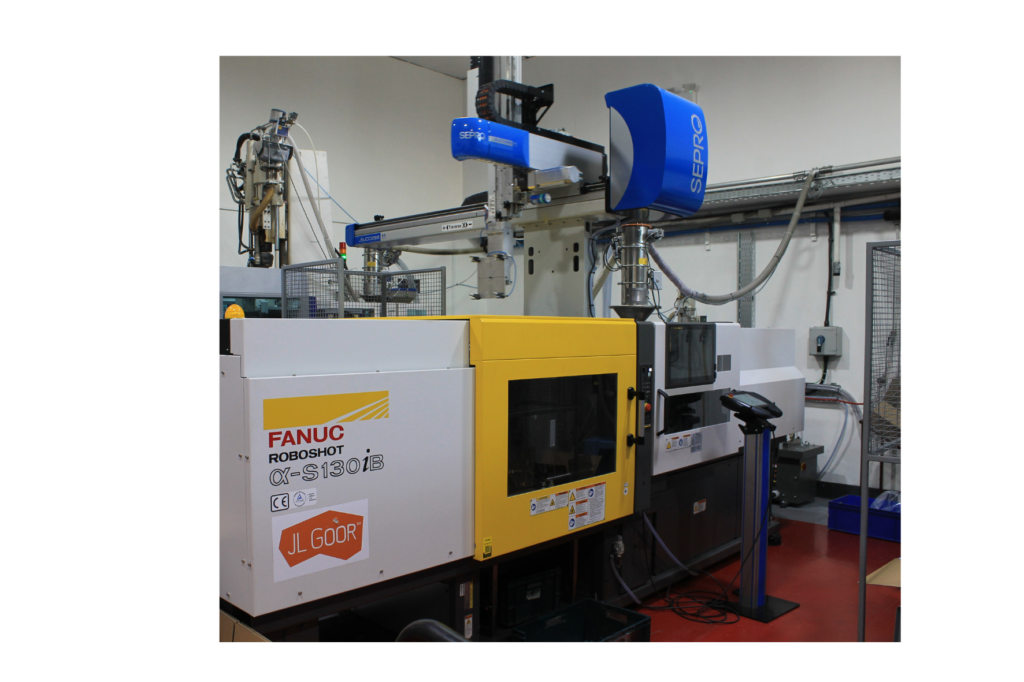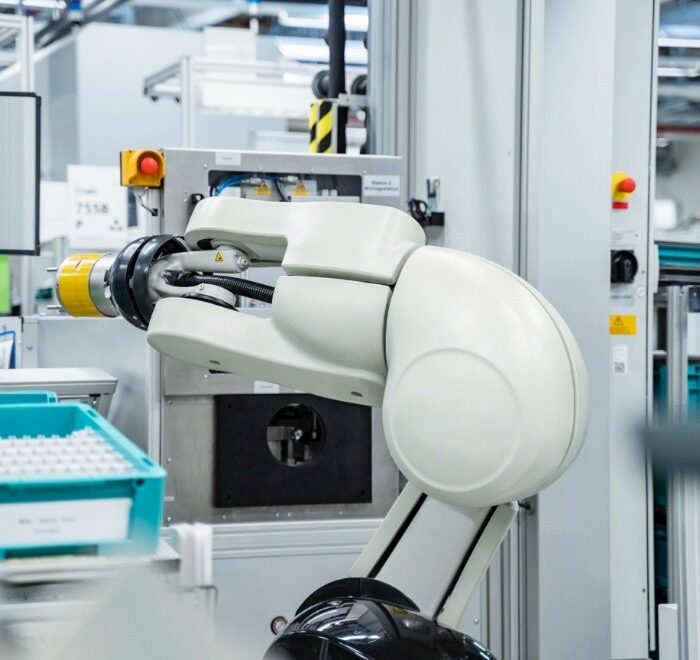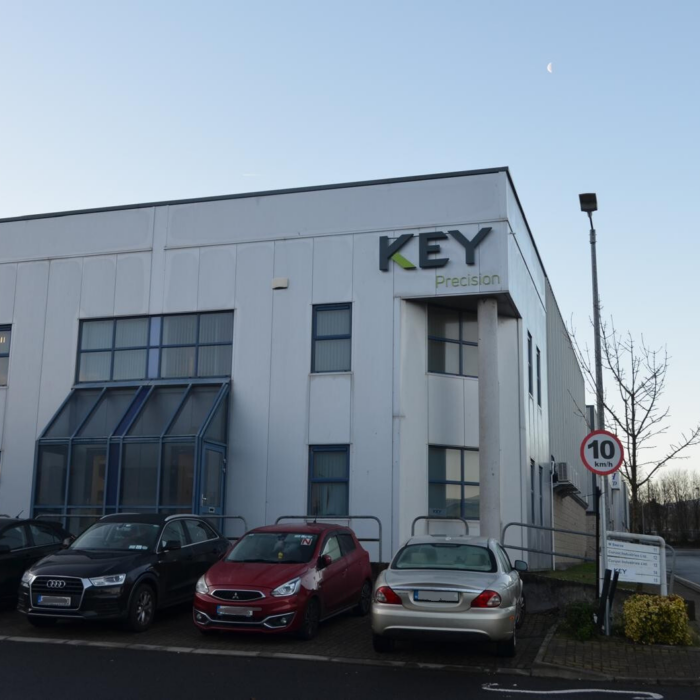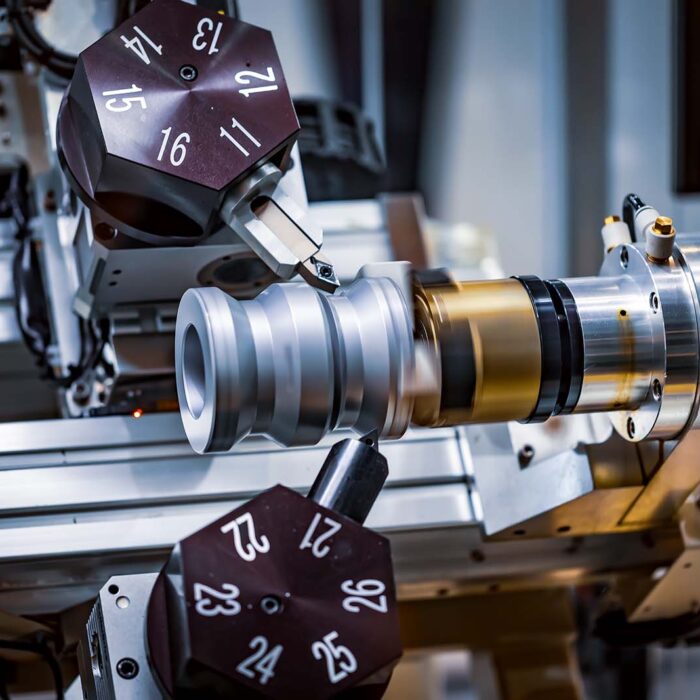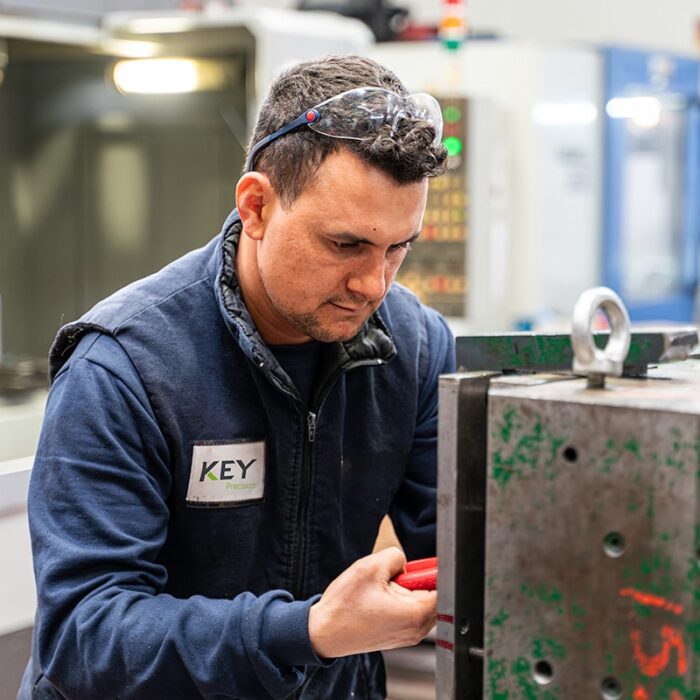The injection moulding industry has undergone a remarkable transformation through automation, with significant developments reshaping manufacturing processes and capabilities. This evolution represents a crucial shift toward smarter, more efficient production methods that are revolutionising how plastic components are manufactured.
Collaborative Robots Integration
The adoption of collaborative robots has transformed the human-machine interaction paradigm in injection moulding facilities. These cobots excel in tasks such as part removal, packaging, and quality inspection, working safely alongside human operators without the need for extensive safety barriers.
Modern cobots feature advanced sensor systems that enable them to adapt to varying production conditions and handle different part geometries without extensive reprogramming. This flexibility has made automation accessible to small and medium-sized manufacturers, who previously found traditional robotics too costly or inflexible.
AI and Quality Control in Injection Moulding
AI is transforming quality control in injection moulding through real-time monitoring and automated defect detection. Machine learning algorithms analyse sensor data on parameters like temperature and pressure, while computer vision systems inspect finished parts with exceptional accuracy. This combination of AI-driven monitoring and traditional manufacturing expertise enables higher quality standards while reducing waste and production time.
Smart Sensors and Real-Time Monitoring
The proliferation of smart sensors throughout the injection moulding process has created unprecedented visibility into manufacturing operations. These sensors monitor crucial parameters including:
– Melt pressure and temperature
– Cavity pressure profiles
– Cooling system performance
– Material moisture content
– Machine vibration patterns
This comprehensive monitoring enables real-time process adjustments and provides valuable data for continuous improvement initiatives.
Predictive Maintenance Systems
Predictive maintenance has evolved from a concept to a crucial operational strategy. Modern injection moulding machines are equipped with sophisticated sensor networks that monitor equipment health and performance metrics. Machine learning algorithms analyse this data to predict potential failures before they occur, enabling planned maintenance interventions that minimize unplanned downtime.
Environmental Impact and Sustainability
Automation advances have significantly contributed to sustainability efforts in injection moulding. Smart systems optimise material usage, reduce energy consumption, and minimize waste through:
– Precise process control reducing scrap rates
– Intelligent energy management systems
– Automated recycling and material handling systems
– Optimised cooling cycles reducing energy consumption
Looking Ahead
The injection moulding industry continues to evolve rapidly, with automation playing an increasingly central role. As technologies mature and new innovations emerge, manufacturers can expect to see:
– Enhanced integration of artificial intelligence and machine learning
– More sophisticated predictive maintenance capabilities
– Improved human-machine interfaces
– Greater emphasis on sustainability through smart automation
– Increased adoption of cloud-based solutions
Key Plastics are moving with the changing time and are excited to continue to share our automation and efficiency updates in 2025.

